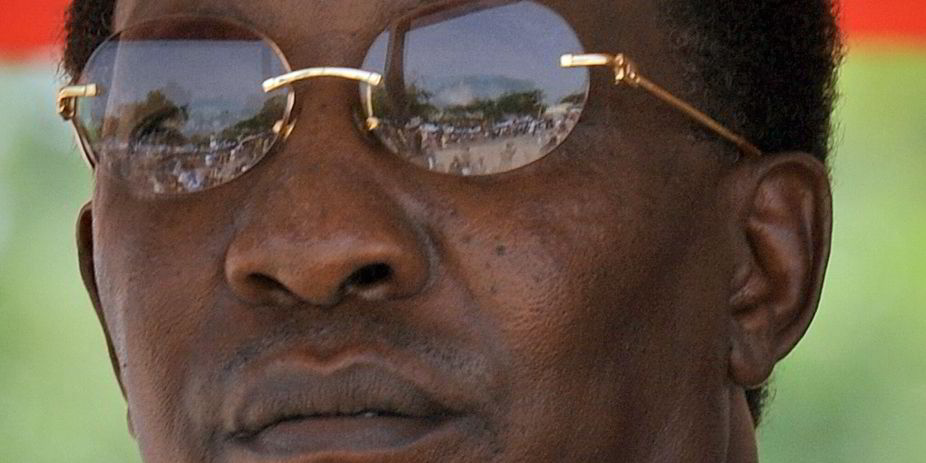Chad President Idriss Deby is again playing hardball with his country’s inheritance, this month persuading the judiciary to insist ExxonMobil and Petronas spend $800 million in unpaid back duties for Doba basin oil production — and a $75 billion fine, amounting to about seven times the country’s gross domestic product.
ExxonMobil says Deby agreed to a modest royalty of 0.2% in 2005 and moved the dispute to arbitration in Paris.
However, Chad’s Minister of Finance, Seli Mbogo, is adamant, arguing that a full 2% royalty was payable over time because the peppercorn rate was never ratified.
At stake is far more than the consortium’s 120,000 barrels-per-day of oil production — 10 years ago it was 173,000 bpd — or the output of smaller operators like Swiss player Glencore or US-based ERHC Energy.
Now in his third decade of power, Deby is risking investor confidence in a sub-regional hydrocarbon play that extends into Niger, Cameroon, Nigeria and the Central African Republic, and at a time when worsening insecurity is already deterring exploration.
The Chad-Cameroon pipeline can handle 250,000 bpd and was envisaged to produce much more in the run-up to 2020, reflecting an expected increase in proven reserves exceeding two billion barrels.
Sadly, that last figure has been stuck at 1.5 billion barrels for some years.
Yet, as Elizabeth Tchwenko, crude oil liftings supervisor at Cameroon Oil Transportation Company recently noted, the strategic location of the pipeline transporting crude through Cameroon to Kribi in the Gulf of Guinea “can serve as an outlet to multiple landlocked countries with oil to produce”.It is expected that crude from assets held by China National Petroleum Company (CNPC) in neighbouring Niger’s Bilma and Agadem basins will flow this quarter into the same transportation network, encouraging smaller players to follow suit.
However, potential constraints abound.
Despite the increasing effectiveness of Cameroon’s armed forces in harassing Islamist terror cells in the corridor through which the 1070-kilometre pipeline passes, the sparsely-populated area remains bandit country.
Deby currently sends troops to Niger to counter the Boko Haram insurgency, which since its inception has caused thousands of deaths and displaced 2.4 million people.
On the other side of the Central African shear zone, the Central African Republic has a long-standing ambition to develop the Doseo-Salamat-Aukoli basin straddling the Chad border.
However, the Bangui-based government has its own Islamist uprising and security challenges to resolve before companies feel emboldened to deploy the exploration dollar. In Nigeria, President Muhammadu Buhari is determined to explore the Gongola and Chad basins in the country’s north-east — a Boko Haram stronghold — by ordering 500 kilometres of fresh 2D seismic to be acquired in a joint venture with CNPC.
Boko Haram employs guerrilla tactics to destabilise local economies, seeking to establish an Islamic caliphate around Lake Chad where the borders of Nigeria, Cameroon, Niger and Chad converge.
Against this threat, Deby remains an important bulwark for Western interests, with his functioning army and a wife whose father reigns supreme across the Sudan border as head of the feared Jinjaweed militia.
His brinkmanship has paid off twice before — once in 2006 when the World Bank and Doba consortium partners backed down after a row over direct payments, and again in 2014 when the CNPC was strong-armed into a royalty renegotiation.
Although the stakes are high, there is every reason to believe Deby will win this one too, and force another concession out of the world’s largest supermajor.
(This article first appeared in the comment section of the 28 October, 2016 issue of Upstream newspaper.)
